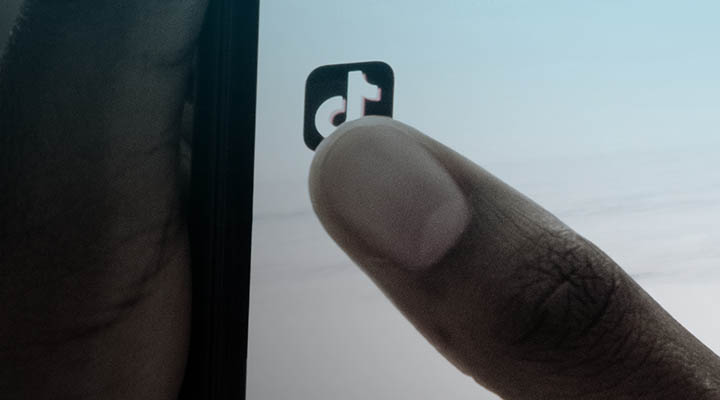Christmas is coming, the air is crisp, and I can feel the excitement around this year’s Black Friday. But you’ve probably already read the mind-blowing figures around Alibaba’s Singles Day in China. Records were shattered with a total of $38 billion in sales taking place. This shopping day extravaganza was packed with excitement, promoted by A-list superstars like Taylor Swift, live streaming from major social media influencers, and participation by many global brands. It was a recipe for serious success! Even I was able to get an amazing pair of shoes 50% off on Singles Day. I am looking forward to seeing how retailers in the West will step up their game this year for Black Friday and Cyber Monday, and to see what discounts I can get my hands on.
On the topic of ground-breaking tech trends in retail, my favourite tech, social media and now retail company, Facebook, is further expanding into the retail market. Earlier this year, Facebook launched an in-app shopping feature for Instagram, that allows users to make purchases without having to leave the social media app. Now Facebook is taking it a step further with a new payment system across its channels - Instagram, Facebook and WhatsApp - to be known as Facebook Pay. The e-wallet will allow users to make purchases across the platforms as well as peer-to-peer payments. Facebook is also launching a WhatsApp catalogue feature which will enable small and medium-sized retailers to create virtual shops. This new feature will mean that users will never have to leave the WhatsApp app to make purchases. Remind you of something? Maybe it’s WhatsApp’s Chinese social media equivalent, WeChat! In China, WeChat is ubiquitous. Users can find new eating spots, stand in a virtual line, pay for their meals, or pay for train tickets and utility bills. Will Facebook and WhatsApp users trust Facebook Inc. with their data and money to the extent that its role can grow to a similar size to that of WeChat?
Another Chinese app we can’t ignore is also taking over, TikTok. Gen Z’s favourite app has been experimenting with e-commerce, by giving the possibility to its users to add links to their videos and bios directly to retail sites. But for now, this feature is only available to the app’s 20 top influencers. We’ve seen Instagram driving social commerce and Snapchat’s collaboration with Amazon, now TikTok is the latest social media app that’s trying to combine social media and retail. This shows that TikTok also sees potential value in the revenues from influencers and paid partnerships just like Instagram, but for an app that is designed for young users to express their creativity and be themselves, it might not be what those 500 million active users are looking for. It will be interesting to see how this evolves and if and how the app is looking to expand this e-commerce feature to the remainder of its users in the future.
And finally let’s end with a piece of super fresh news, beauty-guru Kylie Jenner recently announced she has sold 51% of her company ‘Kylie Cosmetics’ to beauty giant Coty, for $600M. Coty is trying to expand its brand portfolio and has selected a brand which already has a large social media following among millennials and Gen Z. Kylie’s skincare line and cosmetics are perfectly on-trend. They are not only pretty to look at but have no animal testing, are made of natural ingredients and are created by an influencer. A big win for Gen Z’ers! But let’s remember that some stats suggest Kylie’s brand has already peaked. Online sales for Kylie Cosmetics declined 62% from their peak in 2016 to the end of May 2019, with a 14% drop since last year, according to Rakuten Intelligence. I know I for one am curious to see how Kylie Cosmetics will evolve as the beauty and skincare industries continue to evolve in the next few years. Has Coty been seduced by the follower numbers and overpaid for the shares of such a trendy brand? Only time will tell.
Published
April 29, 2024Reading time
2 minutesRelated posts





